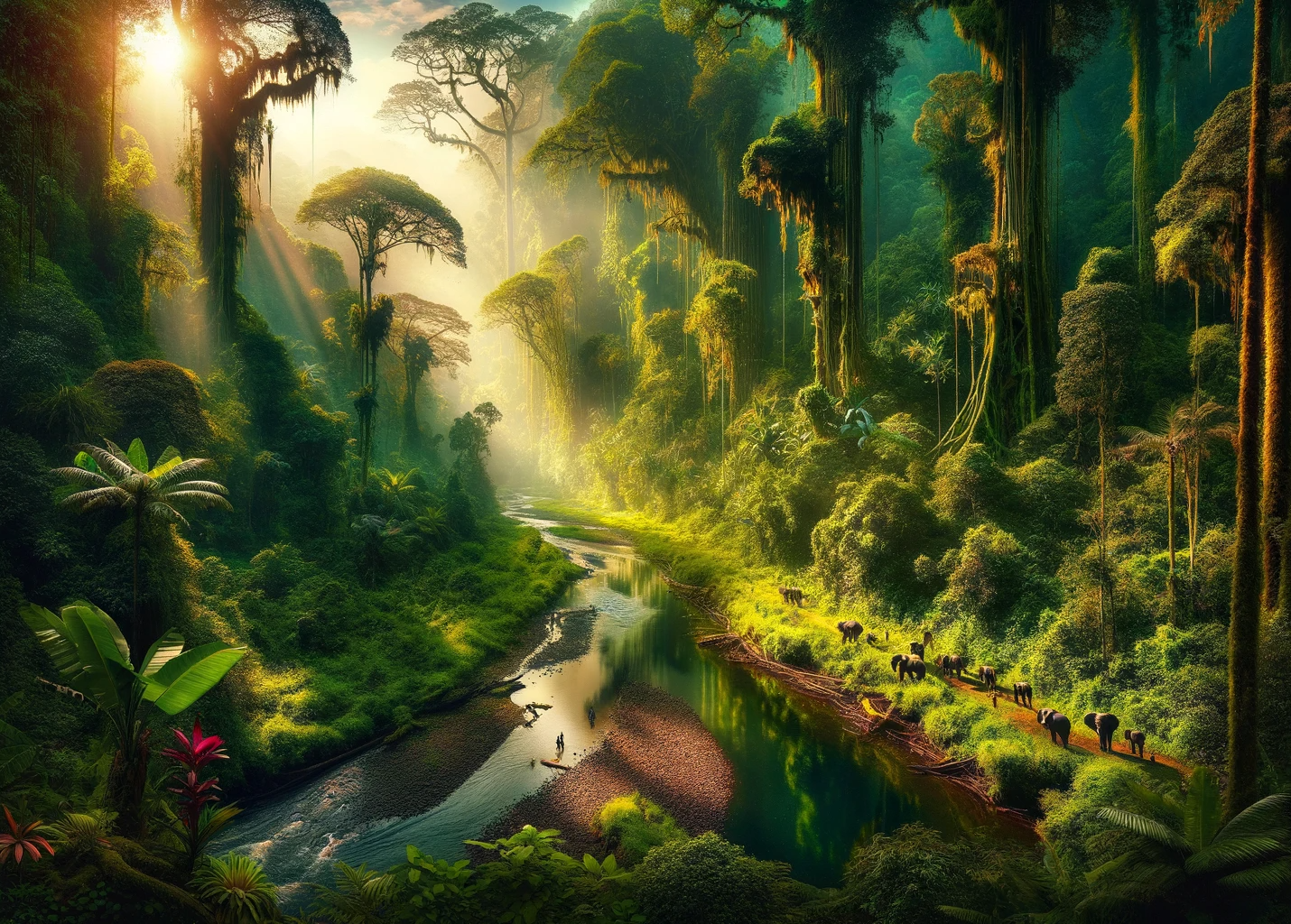List of Public and National Holidays in Congo ( not the DRC) for the year 2024
- New Year’s Day: Monday, 1 January
- Martyrs’ Day: Thursday, 4 January
- Heroes’ Day (Laurent Kabila): Tuesday, 16 January
- Heroes’ Day (Patrice Lumumba): Wednesday, 17 January
- Founding of the Kimbanguiste Church: Saturday, 6 April
- Labour Day: Wednesday, 1 May
- National Revolution and Armed Forces Day: Friday, 17 May
- Independence Day Holiday: Saturday, 29 June
- Independence Day: Sunday, 30 June
- Parents’ Day: Thursday, 1 August
- Christmas Day: Wednesday, 25 December
History
- Early History: The region now known as the Republic of the Congo was inhabited by various Bantu-speaking tribes who engaged in trade along the Congo River.
- Colonial Era: In the late 19th century, the area came under French colonial rule, becoming known as French Congo and later, Middle Congo.
- Independence: The Republic of the Congo gained independence on August 15, 1960. Post-independence, the country experienced political instability, with several coups and a Marxist-Leninist period.
- Recent History: Since the late 20th century, the country has seen periods of civil war and unrest, interspersed with efforts at democratization and economic reform.
Geography
- Location: Located in Central Africa, it’s bordered by Gabon, Cameroon, the Central African Republic, the Democratic Republic of the Congo, Angola, and the Atlantic Ocean.
- Terrain: The country is characterized by a coastal plain, central plateau, and dense rainforest in the north. The Congo River is a significant geographical feature.
- Climate: Equatorial climate with two rainy seasons and high humidity, particularly in the rainforest regions.
Culture
- Ethnic Groups: The population is comprised of various ethnic groups, with the Kongo, Teke, and M’Bochi being the most prominent.
- Languages: French is the official language. Lingala and Kituba are widely spoken national languages.
- Religion: Predominantly Christian, with a mix of Protestant, Catholic, and indigenous beliefs.
- Arts and Music: Rich in traditional music and dance. Modern music, like rumba and soukous, is also popular. The country has a tradition of storytelling and craftsmanship in wood carving and pottery.
Economy
- Natural Resources: The economy is heavily dependent on oil production, which accounts for a significant portion of GDP and government revenue. It also has substantial mineral deposits, including gold and diamonds.
- Agriculture and Forestry: While agriculture employs the majority of the population, it remains underdeveloped. Key products include cassava, sugar, and cocoa. Forestry is also a significant sector.
- Challenges: Despite its natural wealth, the Republic of the Congo faces challenges like corruption, income inequality, and a reliance on oil revenues.

Politics
- Government Structure: A presidential republic, with the President serving as both the head of state and government. The country has a multi-party system but has been criticized for a lack of genuine democratic processes.
- Legal System: Based on French civil law and customary law.
- Human Rights: The country has faced criticism for human rights issues, including political repression, limited press freedom, and human trafficking.
Society
- Population: The country is sparsely populated, with significant urbanization. The largest city and capital is Brazzaville, located across the Congo River from Kinshasa, the capital of the Democratic Republic of the Congo.
- Health and Education: The healthcare and education systems are underfunded and face challenges like limited access and quality. Major health concerns include malaria, HIV/AIDS, and tuberculosis.
- Social Issues: Poverty is widespread, and the country is working to address issues related to unemployment, education, and healthcare.
Science and Technology
- Research and Development: Limited resources are devoted to research and development. Most efforts are focused on agriculture and health.
- Technology Adoption: There’s growing use of mobile technology and the internet, though access remains limited compared to global standards.
Arts and Literature
- Literary Scene: Literature is an emerging field, with authors often focusing on themes of colonialism, culture, and political upheaval. Alain Mabanckou is a well-known author from the country.
- Visual Arts: Artisans are known for their sculptures and masks, which are significant in traditional ceremonies and rituals.
Sports
- Popular Sports: Football is the most popular sport, with basketball, boxing, and athletics also having a following.
- National Teams: The national football team, known as the Red Devils, represents the country in international competitions.
International Relations
- Foreign Policy: Maintains diplomatic relations with many countries and is a member of the United Nations, African Union, and other regional organizations.
- Regional Influence: Plays a role in Central African politics and has been involved in peacekeeping and mediation efforts in the region.
Challenges and Prospects
- Economic Diversification: There’s a need to diversify the economy away from oil and develop other sectors like agriculture and tourism.
- Political Stability: Efforts are ongoing to create a more stable and democratic political environment, though progress is slow.
- Environmental Conservation: Balancing natural resource exploitation with conservation is a significant challenge, especially in protecting its rainforests and wildlife.
In summary, the Republic of the Congo is a country with rich cultural traditions and significant natural resources but faces challenges in political governance, economic diversification, and social development. Its future depends on its ability to harness its potential while addressing the needs and rights of its diverse population. The Republic of the Congo continues to navigate a path of development amidst its complex historical and contemporary challenges.

